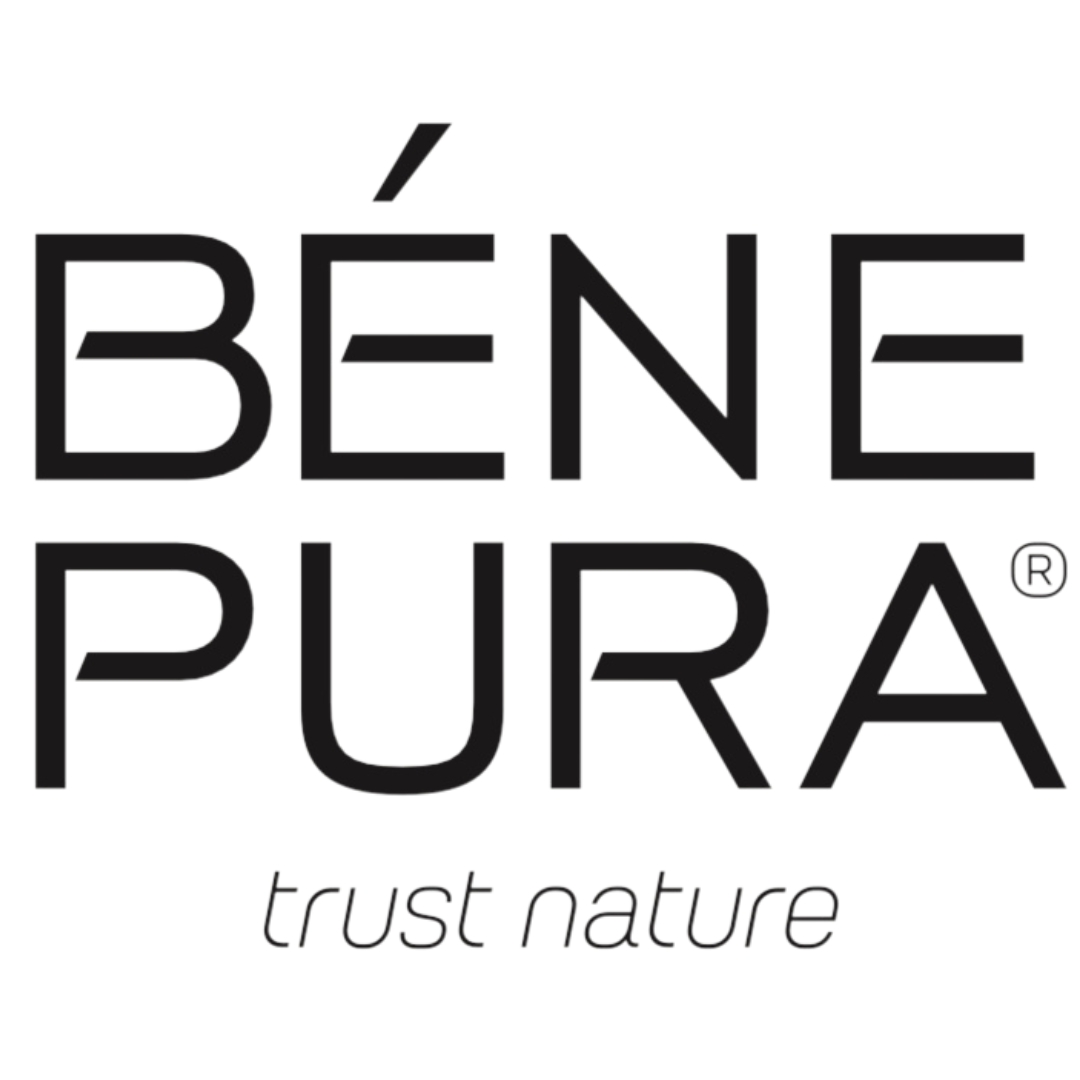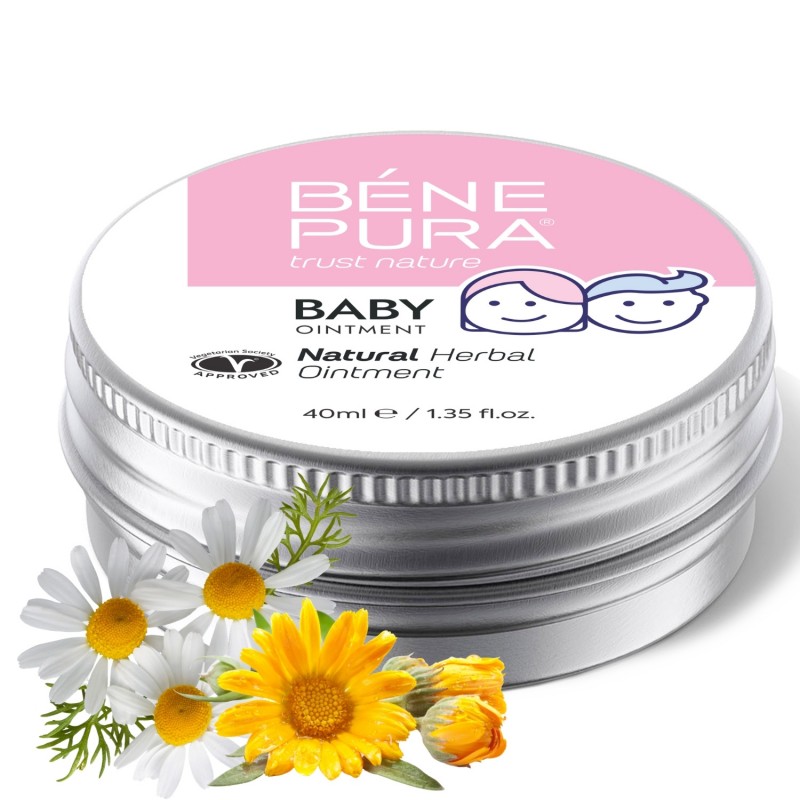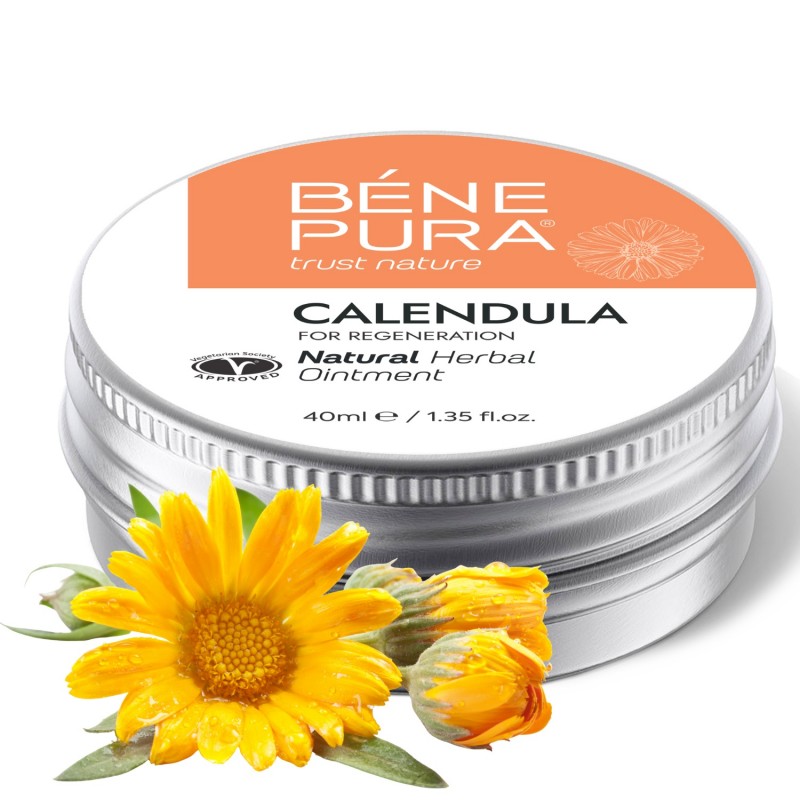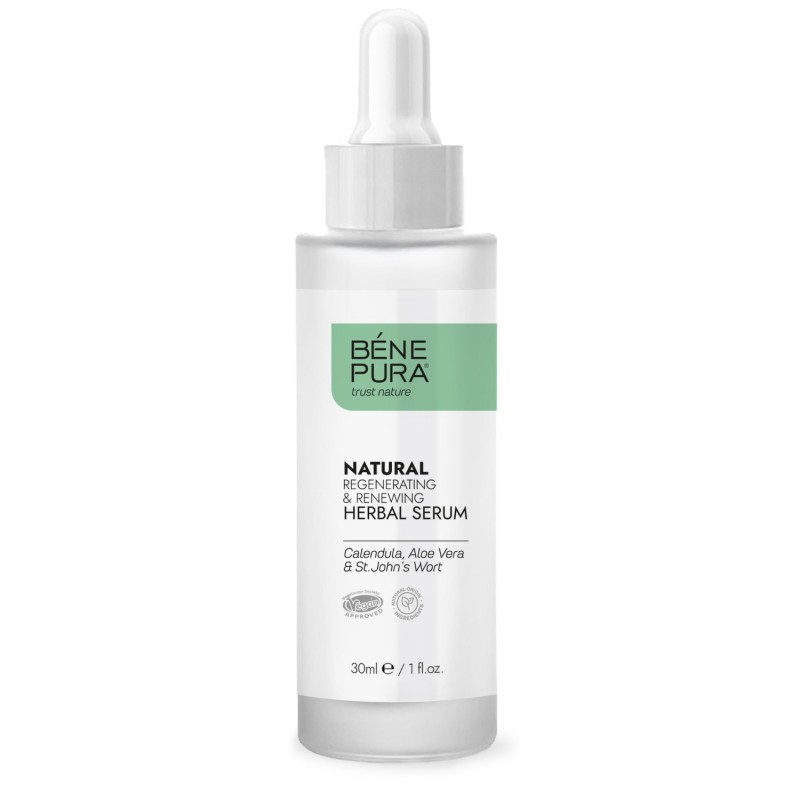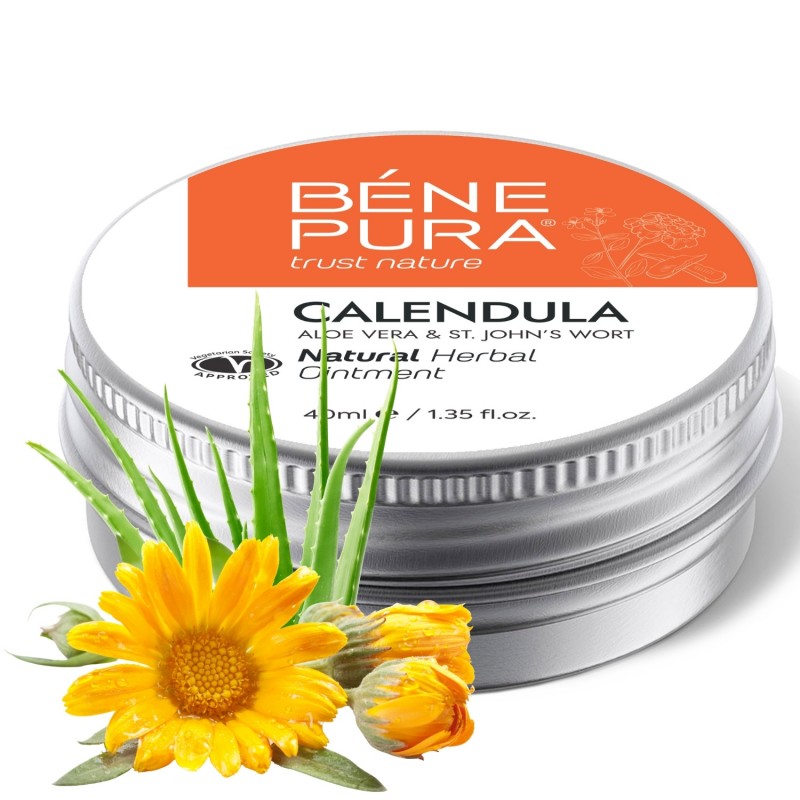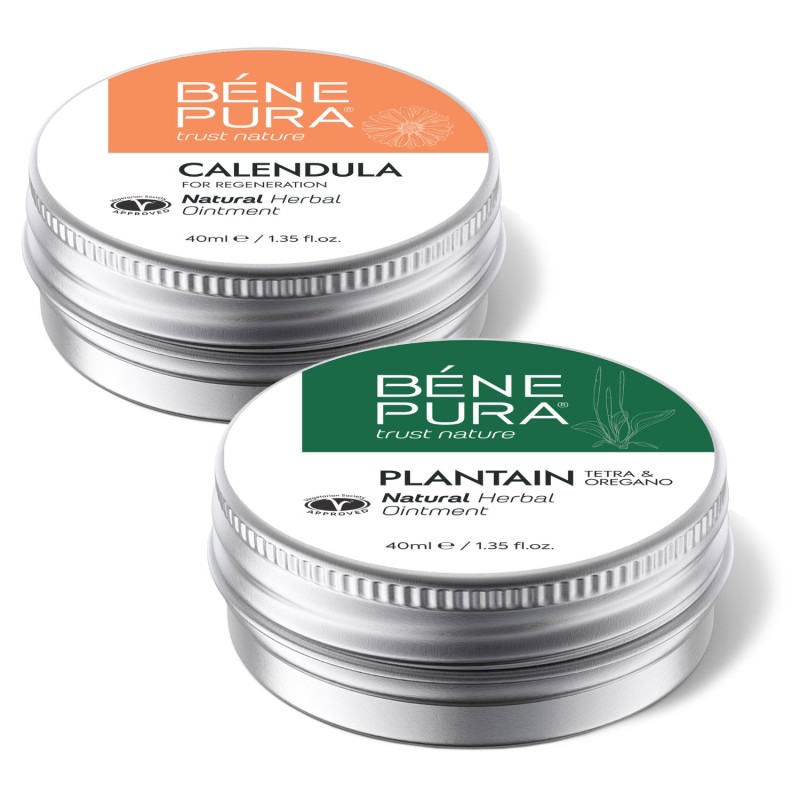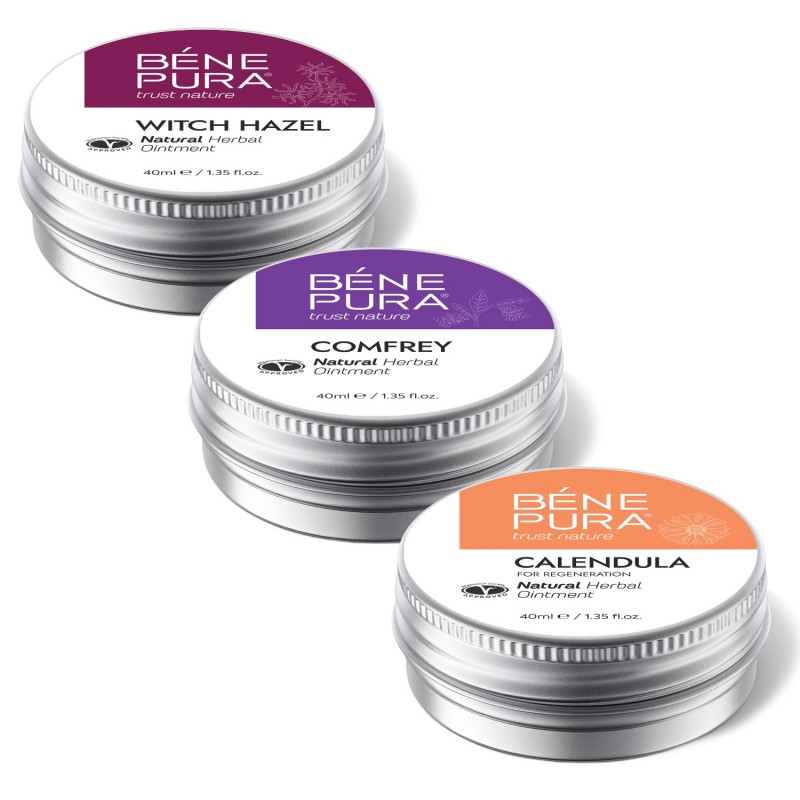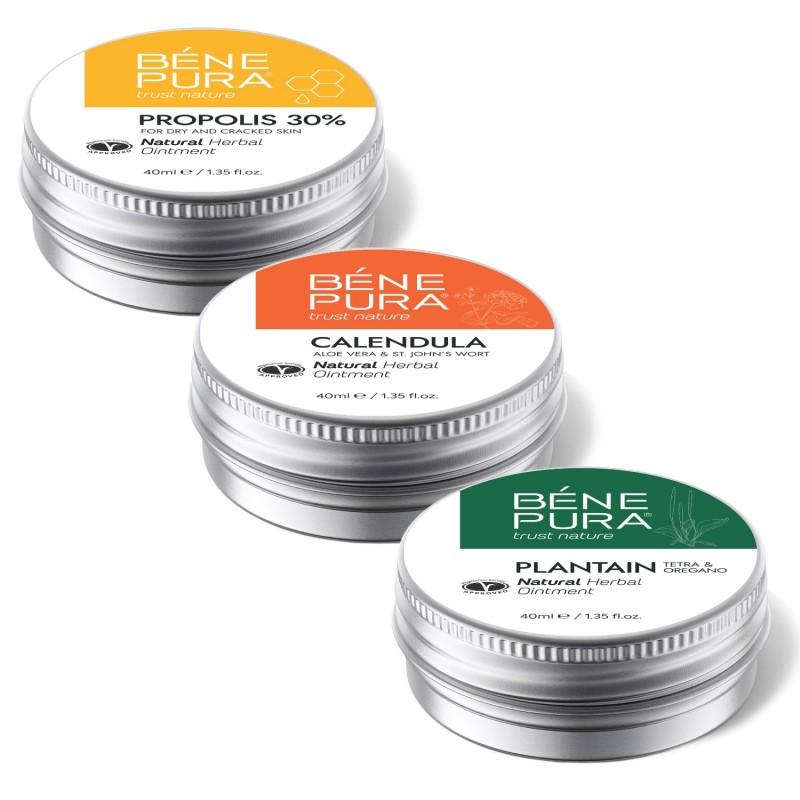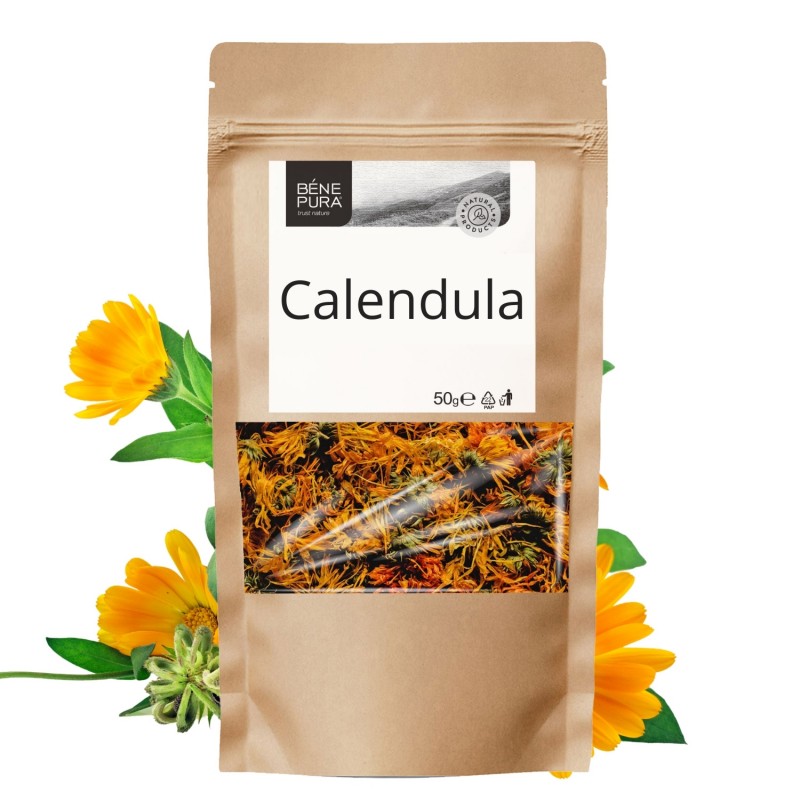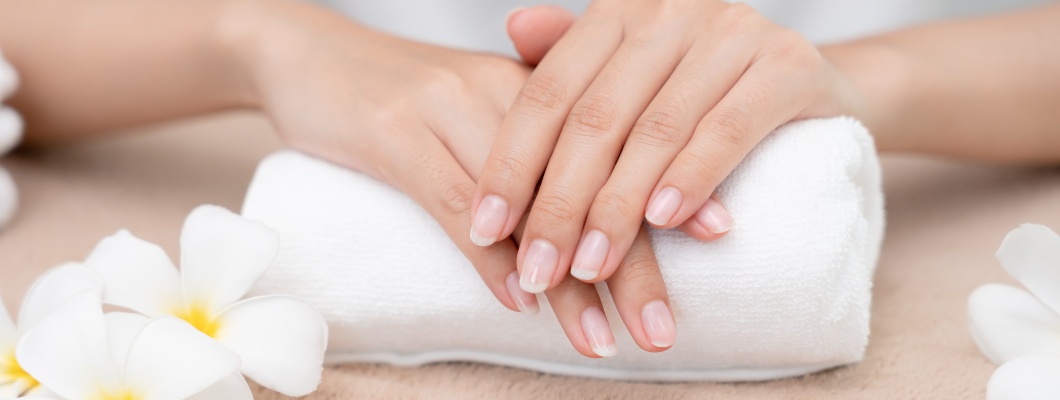The Powerful Properties of Calendula: Natural Skin and Body Care

Calendula is one of the most valuable medicinal plants known to man. Known since ancient times for its soothing, antiseptic and anti-inflammatory properties, it is a great natural helper when it comes to skin care.
In this article, we will look at the many beneficial properties of Calendula and how you can use it to heal wounds, soothe inflammation, and support overall health.
Table of Contents
1. What is Calendula?
Calendula (Latin: Calendula officinalis) is one of the most recognizable plants in herbal medicine. Known since ancient times, it has been used to treat numerous health problems.
Calendula is an annual plant that can reach a height of 30 to 60 cm. Its flowers are bright orange or yellow, with a characteristic shape that resembles a daisy. Calendula blooms almost year-round, which makes it popular among gardeners. It is extremely resistant to different climatic conditions and is easy to grow, even for beginners.
Each part of Calendula has its own application:
- The flowers - the most commonly used part. They contain carotenoids, flavonoids, and essential oils that give the plant its medicinal properties;
- The stems - although less commonly used, the stems contain beneficial juices that can be applied directly to the skin;
- The leaves - can be eaten fresh in salads or dried for tea;
- The roots - although not as popular, they contain substances with potential antibacterial properties.
Cultural and symbolic meaning
The plant has a rich history. In ancient Egypt, it was a symbol of youth and beauty. In India, Calendula was used for religious ceremonies and decorations. In Europe, during the Middle Ages, it was an indispensable part of the healing gardens of monasteries.
- In Christianity, Calendula is often called the "flower of the Virgin Mary" for its healing power and purity;
- In Mexican culture, it is used as a main element in the traditional celebration of the dead (Día de los Muertos). It is believed that the scent of Calendula leads spirits back home;
- In the language of flowers, Calendula symbolizes devotion, protection and health.
Here are some more interesting facts about Calendula:
- Calendula is called the "sun flower" because its flowers follow the movement of the sun during the day;
- In Latin, the name Calendula comes from the "calends" - the first day of each month in the ancient Roman calendar. This is due to its ability to bloom repeatedly throughout the year;
- In folk medicine, Calendula is often used as a "predictor" of the weather - if the flowers remain closed in the morning, rain is expected.
2. The Benefits of Calendula for The Skin
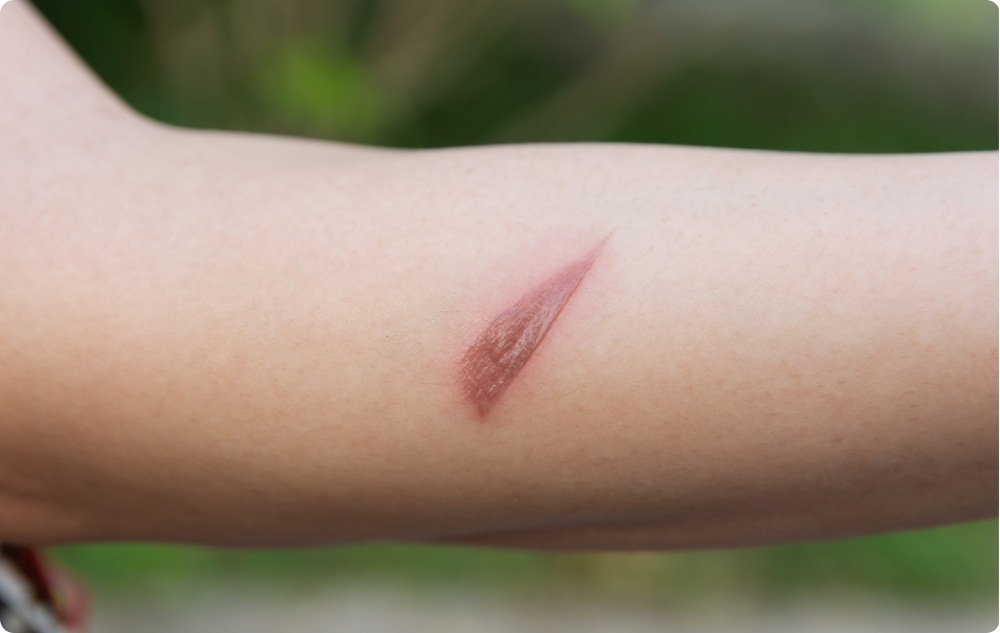
1. Accelerates wound healing
One of the many benefits of Calendula is its ability to speed up wound healing. Thanks to its anti-inflammatory and antiseptic properties, Calendula prevents infections and stimulates the regeneration of skin cells. It is often used in creams and ointments to treat cuts, scrapes, and minor burns.
2. Hydrates and nourishes dry skin
Calendula is a natural solution for people with very dry skin. The plant extract contains essential oils and antioxidants that penetrate deep into the skin, providing long-lasting hydration. Calendula ointments are especially suitable for treating cracked heels, dry hands and lips.
3. Helps recover from burns
Calendula is a natural remedy for minor thermal or chemical burns. Ointments with Calendula extract soothe pain, prevent blistering, and speed up the healing process.
4. Prevents premature aging
Calendula contains powerful antioxidants that protect the skin from damage caused by free radicals. This slows down the aging process and maintains skin elasticity.
5. Relieves sunburns
After prolonged sun exposure, Calendula soothes the skin and helps it recover. With its cooling effect, it reduces the burning sensation, while its anti-inflammatory properties minimize redness. Calendula is a common ingredient in after-sun products.
6. Helps with acne
Calendula anti-inflammatory and antimicrobial properties are extremely effective in treating acne.
7. Shrinks pores and evens out skin texture
The deep cleansing action of Calendula extract helps unclog and tighten pores, reducing excess sebum and impurities. This leaves the skin smoother, brighter and clearer.
8. Suitable for baby skin care
3. How is Calendula Beneficial for Health?
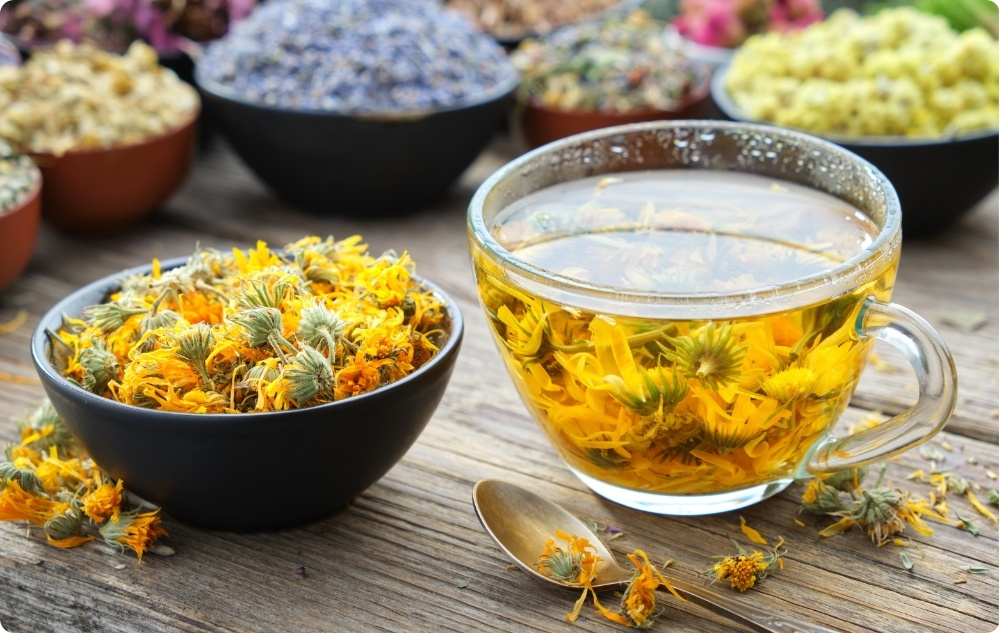
Relieves Gastrointestinal Inflammation
The anti-inflammatory properties of Calendula make it an effective aid for gastrointestinal problems. Calendula tea soothes the irritated lining of the stomach and intestines and relieves symptoms of gastritis, ulcers, and colitis by improving peristalsis and facilitating digestion.
Supports Normal Liver Function
Calendula has detoxifying properties that support liver function. The plant stimulates the body's cleansing of toxins, which is important for maintaining a healthy metabolism. Regular consumption of Calendula tea can help protect liver cells from damage.
Strengthens the immune system
The antioxidants in Calendula protect cells from damage and increase the body's resistance to viruses and bacteria. Calendula tea is especially useful for strengthening immunity in the winter. Its active ingredients help the body cope with infections and inflammations more easily.
Reduces inflammation in the mouth
Calendula decoction is a natural remedy for treating inflammation in the mouth and throat. Used as a gargle, it relieves conditions such as sore throat, inflamed gums, and canker sores. Its antiseptic properties prevent bacterial infections and speed up the healing process.
Relieves Menstrual Cramps
Calendula is useful not only for relieving menstrual cramps, but also for treating internal infections in the female reproductive system. Tea or vaginal douches with Calendula decoction can help reduce inflammation and restore natural hormonal balance.
Supports the Nervous System
With its calming effect, Calendula tea supports the nervous system, relieving stress and improving sleep. Regular consumption helps achieve emotional balance and is suitable if you suffer from insomnia or anxiety.
Using Calendula can bring many benefits, but it is important to follow a few basic tips to get the most benefit and avoid unwanted side effects.
- Use the right dosage - whether you use Calendula in the form of tea, tincture or ointment, always follow the recommended dosage;
- Avoid using it if you have allergies - if you are allergic to plants such as Chamomile or Ragweed, you may also have adverse reactions to Calendula;
- Pregnancy and breastfeeding - pregnant and breastfeeding women should use Calendula with caution. Consult a doctor before including Calendula in your routine, as it may have an effect on hormonal balance.
4. How to use Calendula at Home?
Calendula is a versatile plant that can easily be incorporated into your home health and beauty routine. In addition to ready-made Calendula products, you can use fresh or dried flowers to create effective home remedies.
1. How to make Calendula tea?
- Place Calendula in a cup or teapot. Use dried or fresh flowers, depending on your preference;
- Pour hot water over the flowers and cover the pot;
- Let steep for 10-15 minutes;
- Strain the tea and pour into a clean cup. Add honey or lemon if desired.
2. Preparation of medicinal tincture
Calendula tincture is a concentrated extract that can be used both internally and externally. To prepare it:
- Fill a glass jar with dried Calendula flowers;
- Pour high-quality alcohol (e.g. vodka) over the flowers until they are completely covered;
- Close the jar and leave it in a dark place for 4-6 weeks, shaking it periodically;
- Strain the liquid and store it in a dark glass bottle.
The tincture can be used as a gargle for sore throats, as an additive to creams, or to disinfect small wounds.
3. Homemade Calendula Ointment
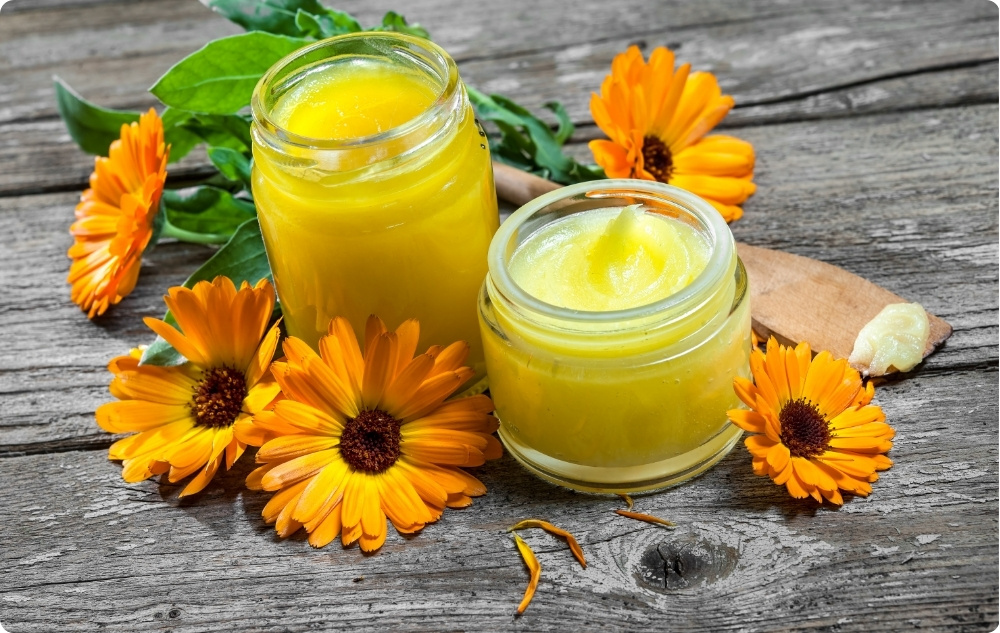
Calendula ointment is extremely useful for treating dry skin, eczema or minor skin problems:
- Melt 100 g of beeswax in a water bath;
- Add 200 ml of Calendula oil infusion;
- Mix well and pour the mixture into small jars;
- Allow the ointment to harden and store in a cool place.
If you don't have the opportunity to make your own homemade ointment, you can try a ready-made solution like our Calendula ointment.
4. Homemade Calendula Body Lotion
- Mix 1/2 cup of Calendula oil infusion with 1/4 cup of Coconut oil and 1/4 cup of beeswax;
- Melt the mixture in a water bath and stir until smooth;
- Let cool and transfer to a jar or dispenser.
The lotion is suitable for dry skin and for maintaining its elasticity.
5. Homemade Calendula Shampoo
To make a homemade Calendula shampoo:
- Make a strong Calendula decoction using dried flowers and boiling water;
- Mix the decoction with a base, unscented shampoo;
- Add a few drops of Tea Tree or Lavender essential oil.
This shampoo is gentle on the scalp and improves hair health.
Do not overdo it with the duration of use. Calendula is a powerful herb, but it is not recommended to use it continuously for long periods of time. Take breaks between courses of treatment to give your body a rest.
5. Conclusion
Calendula is an exceptional example of how nature provides us with powerful tools to maintain health and beauty. With its anti-inflammatory, antiseptic and regenerating properties, this plant is indispensable in skin care - from relieving irritations and healing wounds to maintaining hydration and elasticity.
SOURCES:
1. NCBI: Therapeutic Potential of Calendula (09.01.2025)
2. The Botanical Institute: The 7 Benefits of Calendula: Dosage & Safety (09.01.2025)
3. Verywell Health: What Is Calendula? (09.01.2025)
